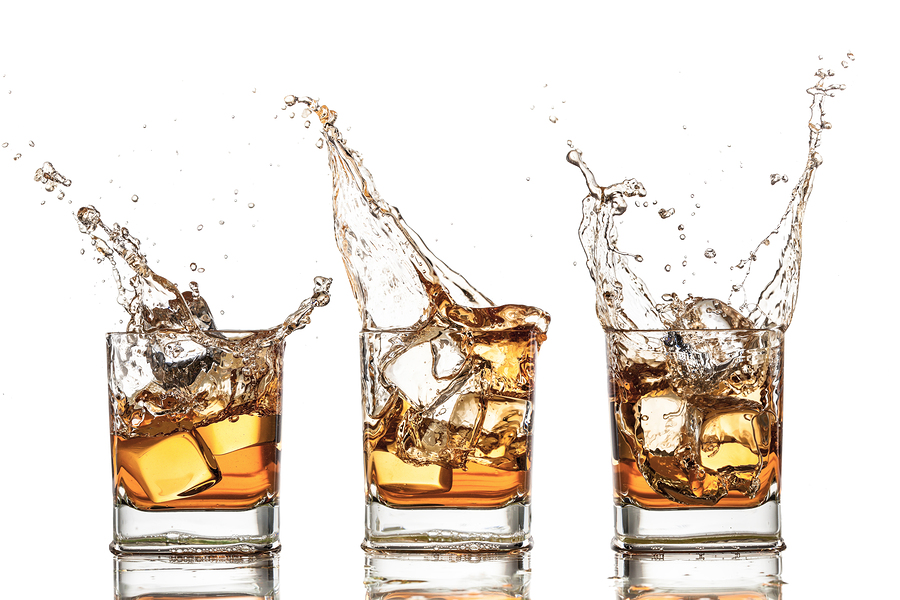Points of action when faced with alcoholism
Points of action when faced with alcoholism: How can I avoid drinking?

Points of action when faced with alcoholism will help you make the right decision towards your ultimate addiction recovery from your alcoholism problem.
Our children often find it very difficult to say no when offered a drink by their friends and this is not doing them any good in the fight against addiction. That is why it has become necessary for us at AWAREmed Health and Wellness Resource Center to share with us some few points of action when faced with alcoholism and even other substances. Before we get to that, it will interest you to note that AWAREmed Health and Wellness Resource Center is the brain child of doctor Dalal Akoury who is also the MD, President and founder of the same. Doctor Dalal Akoury is a veteran addiction expert who has offered quality and relentless addiction treatment to millions of people across the globe and is still delivering real time solutions to people to date. If you, your child or any one you know is struggling with any kind of addiction, then you can consult with her today by scheduling for an appointment right away. Otherwise for the young people we appreciate that if you are keeping friends who drinking or using drugs are, you may be willing and desiring to let go the drink but their influence won’t let you. That is why we are tailoring this article to suit your individual situation as follows.
Doctor Akoury agrees that even though you inner-self may be saying No, it can be very hard to say “no, thanks” boldly and openly. This happens because we always want to safeguard our relationships and to avoid the risk of feeling rejected or being left out. Even with those challenges, it is still important to stand firm and say no and stick to your No, this can be done in several different strategies. Like for instance you may want to turn down alcohol work for different people without letting them see you as being difficult or distancing yourself from them. For this reason, some people will find it helpful to say no without giving an explanation while others may think that detailing their reasons works better e.g. (“sorry I’m not into drinking,” “sorry I ‘am sitting an exam tomorrow,” sorry I am taking part in a very important game tomorrow,” or “my parents died from drinking and I am not following their footsteps” these are some of the example you can give and still remain relevant to your friends.
Besides the above points, If you still find it difficult to say no to your friends when they offer you alcohol, you can as well shift the blame to your parents or another adult for your refusal by saying that “I am sorry my parents are coming to pick me up soon,” “I ‘am sorry I have already gotten in serious trouble for drinking once with the authorities and I can’t do it again,” or “better still you may say that “my coach would kill me if I drink before the game,” these are some of the better ways of communicating your refusal to your friend and because they too (teen) experience the same challenges, they will surely excuse you without any form of victimization.
Points of action when faced with alcoholism: Marry making and outings
Marry making and outings are serious threats to sinking into alcoholism and therefore it is important that as an individual, each time you’re going to a party where alcoholic drinks will be served, it is important that you up your game plan by coming up with a working strategy towards escape in advance. You and a friend can develop a signal for when it’s time to leave. Besides that you can also make sure that you have plans to do something besides just hanging out in someone’s basement drinking beer all night. Plan a trip to the movies, the mall, a concert, or a sports event. You might also organize your friends into a volleyball, bowling, or softball team any activity that gets you moving. Self-esteem is a factor to consider it therefore means that girls or guys who have strong self-esteem are less likely to become problem drinkers than people with low self-esteem.
Points of action when faced with alcoholism: Where you can get help from?
If you think you have a drinking problem, getting help as soon as possible is very necessary. The best approach is to talk to an adult you trust. If you can’t approach your parents, talk to your doctor, school counselor, clergy member, aunt, or uncle. It can be hard for some people to talk to adults about these issues, but a supportive person in a position to help can refer students to a drug and alcohol counselor for evaluation and treatment. In some states, this treatment is completely confidential. After assessing a teen’s problem, a counselor may recommend a brief stay in rehab or outpatient treatment. These treatment centers help a person gradually overcome the physical and psychological dependence on alcohol.
Points of action when faced with alcoholism: What if I’m concerned about someone else’s drinking?
Because we owe one another the duty of care we must show concern to our friends who are strongly into alcohol and drugs. It is normal to be living in a home with one or both parents who are abusing alcohol and not just parents even other relatives. This can be annoying and in the process may make you angry, scared, and depressed. Even though this is a possibility it is important to appreciate that many people can’t control their drinking without help and that is why we all must show concern because alcoholism is an illness that needs to be treated just like other illnesses. One important point about alcoholism is that people with drinking problems many at times can’t stop drinking until they are ready to admit that they have a problem that needs to be sorted out professionally. During this period of denial, many family members and loved ones have a feeling of depressed and helpless. However the good news is that we have experts at AWAREmed Health and Wellness Resource Center under the able leadership of doctor Dalal Akoury who can help you get well in the most human way with a lot of dignity and high standard of confidentiality. All you need to do is to schedule for an appointment with doctor Akoury and you will have your life back and live it to the fullest.
Points of action when faced with alcoholism: How can I avoid drinking?










 During childhood the brain will naturally produce the adequate amounts of
During childhood the brain will naturally produce the adequate amounts of  These researchers also measured neurogenesis-impaired rats’ susceptibility to a drug relapse. During the first phase of this stage of testing, the rats were removed from the cages where drug use had taken place, blocked all drug access for a month, and let the rats go through withdrawal. At the end of the month, the rats were returned to their old cages but still received no access to cocaine. Compared to rats with normal rates of neurogenesis which also went through the same process, the neurogenesis-impaired rats showed more prominent signs of drug craving and a desire to continue drug use as often the case in relapse.
These researchers also measured neurogenesis-impaired rats’ susceptibility to a drug relapse. During the first phase of this stage of testing, the rats were removed from the cages where drug use had taken place, blocked all drug access for a month, and let the rats go through withdrawal. At the end of the month, the rats were returned to their old cages but still received no access to cocaine. Compared to rats with normal rates of neurogenesis which also went through the same process, the neurogenesis-impaired rats showed more prominent signs of drug craving and a desire to continue drug use as often the case in relapse.











 Weight Loss Wellness Retreat AWAREmed .
Weight Loss Wellness Retreat AWAREmed .


